U.S. isolates soldiers after Ebola response mission in West Africa
By Phil Stewart and Steve Scherer
WASHINGTON/ROME (Reuters) - The U.S. Army has started isolating soldiers returning from an Ebola response mission in West Africa, even though they showed no symptoms of infection and were not believed to have been exposed to the deadly virus, officials said on Monday.
The decision goes well beyond previously established military protocols and came just as President Barack Obama's administration sought to discourage precautionary quarantines being imposed by some U.S. states on healthcare workers returning from countries battling Ebola.
In a statement, the Army said Chief of Staff General Raymond Odierno ordered the 21-day monitoring period for returning soldiers "to ensure soldiers, family members and their surrounding communities are confident that we are taking all steps necessary to protect their health."
The Army isolated about a dozen soldiers on their return during the weekend to their home base in Vicenza, Italy. That included Major General Darryl Williams, the commander of U.S. Army Africa, who oversaw the military's initial response to the Ebola outbreak in West Africa.
"We are billeted in a separate area (on the base). There's no contact with the general population or with family. No one will be walking around Vicenza," Williams told Reuters in a telephone interview.
He described comfortable accommodations, saying his group had access to a gym and were "eating great."
"Our food is dropped off and then we eat and throw it away. Nobody else touches it," he said.
The U.S. military has repeatedly stressed that its personnel are not interacting with Ebola patients and are instead building treatment units to help health authorities battle the epidemic. Up to 4,000 U.S. troops may be deployed on the mission.
"From a public health perspective, we would not feel that isolation is appropriate," said Dr. Jeff Duchin, Washington State epidemiologist and chairman of the public health committee of the Infectious Diseases Society of America.
'NOBODY IS SYMPTOMATIC'
Still, the Army's decision to isolate its soldiers reflects growing anxiety in the United States about the potential spread of the illness. That, in turn, is magnifying fears in West Africa that such steps might discourage healthcare workers from volunteering, and undermine efforts to contain Ebola.
So far, the Army is the only U.S. military service to order isolation, which also applies to dozens of other soldiers due back at Vicenza later this week. But the military is weighing a similar measure across the armed forces, officials said.
White House spokesman Josh Earnest said: "It does not reflect a department-wide policy that I understand is still under development."
Current Defense Department policy, according to an Oct. 10 memo, allows troops with no known exposure to the virus to return to work and interact with their families after coming home, as long as they have their temperature checked twice daily for 21 days.
Williams said he was hyper-vigilant in Liberia, taking his temperature up to eight times a day.
"Nobody is symptomatic. No Army soldier came in contact with Ebola-stricken patients," he said.
(Additional reporting by David Alexander and Roberta Ramptom in Washington and Sharon Begley in New York; Editing by Doina Chiacu, Bernadette Baum, Peter Cooney and Ken Wills)


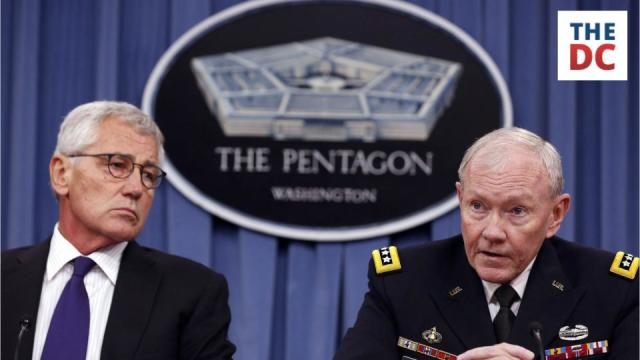

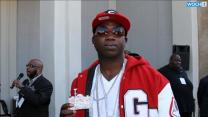
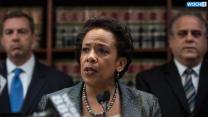


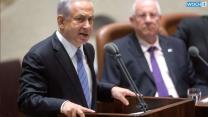

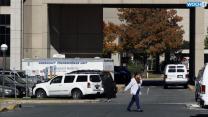

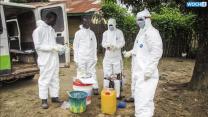
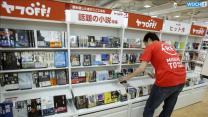
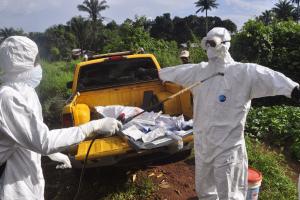

No comments:
Post a Comment